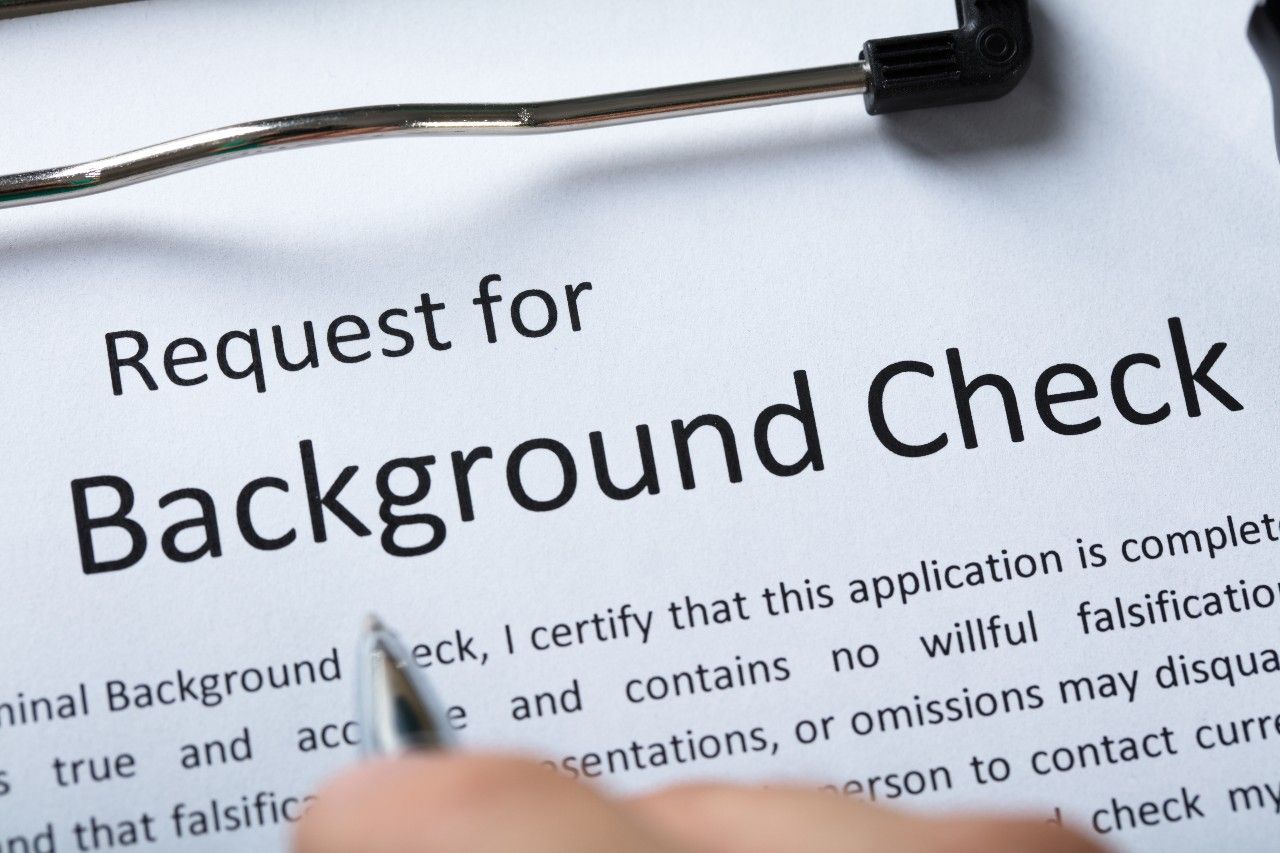Top Class Actions’s website and social media posts use affiliate links. If you make a purchase using such links, we may receive a commission, but it will not result in any additional charges to you. Please review our Affiliate Link Disclosure for more information.

According to the National Law Review, the Department of Justice, or DOJ, announced that Westlake Services LLC and its subsidiary, Wilshire Consumer Capital LLC, agreed to pay $760,788 for alleged violations of the SCRA, or Servicemembers Civil Relief Act. These allegations state the companies repossessed 70 automobiles which were owned by SCRA-protected service members without acquiring court orders.
The CFPB, or Consumer Financial Protection Bureau, raised the issue to the DOJ’s Civil Rights Division’s Housing and Civil Enforcement Section in 2016. The CFPB referred this matter to the division after they obtained grievances from service members that the defendants were violating the SCRA by facilitating these repossessions. The DOJ had filed suits against both companies, Westlake Services LLC and Wilshire Consumer Capital LLC, in the U.S. District Court, Central District of California.
The two companies were allegedly in violation of 50 U.S.C. § 3952(a) and 50 U.S.C. § 3953(c). SCRA protection against repossession requires companies to obtain a court order before they can repossess a vehicle covered by the federal legislation, or a service member’s motor vehicle. Section 50 U.S.C. § 3952(a) and 50 U.S.C. § 3953(c) extends this protection to a service member’s motor vehicle for one year after the service member has been terminated from any service in the military.
The allegations filed against the two companies purport that the defendants failed to check the Defense Manpower Data Center (DMDC), to see if the service member’s vehicles were SCRA protected and therefore qualified for SCRA protection against repossession.
The almost $800,000 settlement requires the defendants to pay $10,000 per violation to each service member that was affected by the violations. In addition, the defendants must pay service members for any “lost equity they suffered in the repossessed vehicle, plus interest.”
According to the National Law Review, the companies must also work to fix the service member’s credit if it was impacted due to the vehicle repossession in addition to a payment of $60,788 for civil penalties to the United States.
The companies also agreed that going forward “they would not repossess a SCRA- protected service member’s vehicle without obtaining a court order or valid SCRA waiver in the future and that they would implement enhanced policies and procedures and along with training to ensure compliance with SCRA requirements.”
Unfortunately, this is not the first time these companies have been the target of the federal government. In 2015, the companies agreed to pay $4.25 million dollars for a civil penalty and $44.1 million in refunds to borrowers due to alleged violations of the Fair Debt Collection Practice Act and the Truth in Lending Act. The alleged violations of the Fair Debt Collection Practice Act included the following unlawful debt collection practices: threatening to refer borrowers for criminal prosecution; illegally disclosing borrower’s information to the borrower’s friends, family, and employers; using the software program known as Skip Tracy.
The SCRA was enacted to protect the financial stability of military members who serve our country. Along with providing SCRA protections against repossession of service member vehicles, the federal legislation prevents companies from charging service members more than 6 percent interest on debt and from foreclosing on mortgages. Military members who feel they have suffered from violations of the SCRA protection against repossession may be able to file a lawsuit against the offending institution.
Join a Free Military Interest Rate Class Action Lawsuit Investigation
If you are a member of the military and you were overcharged (or think you may have been) for interest rates above 6 percent while on active duty, or your bank or credit card tried to collect on interest owed after you returned from active duty, you may qualify to file a SCRA interest rate lawsuit or class action lawsuit. Other predatory financial practices that may have exploited your military status may also qualify you to bring a legal claim.
ATTORNEY ADVERTISING
Top Class Actions is a Proud Member of the American Bar Association
LEGAL INFORMATION IS NOT LEGAL ADVICE
Top Class Actions Legal Statement
©2008 – 2024 Top Class Actions® LLC
Various Trademarks held by their respective owners
This website is not intended for viewing or usage by European Union citizens.














